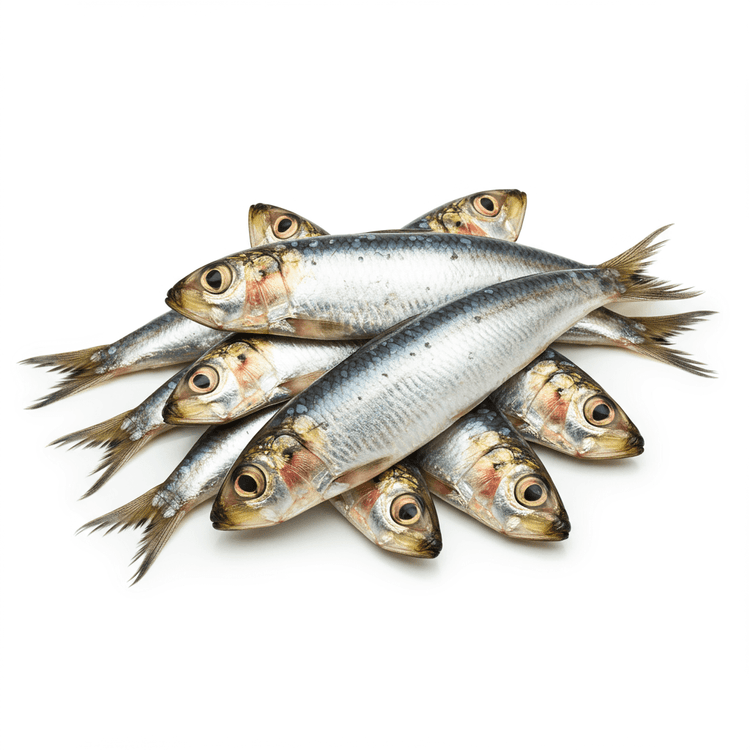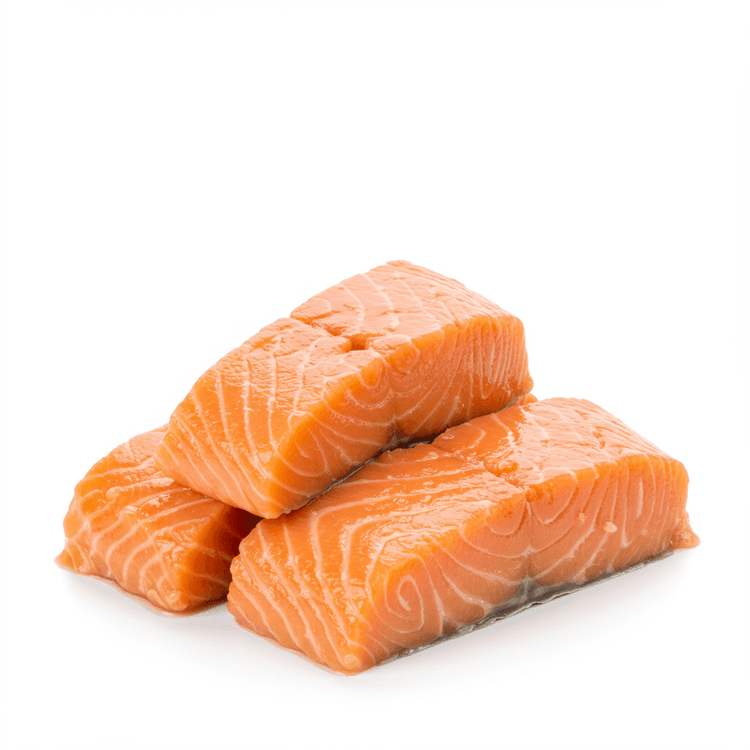
Sardine
Sardines are small, oily fish known for their rich flavor and nutritional benefits. These silvery, streamlined fish are typically found canned in olive oil, water, or tomato sauce. They offer a distinct, savory taste and a soft, flaky texture, making them a versatile and convenient ingredient. Explore the delicious world of sardines – a powerhouse of omega-3 fatty acids and flavor, perfect for adding a healthy boost to your meals.
Common Uses
- Enjoy sardines straight from the can as a protein-packed and flavorful snack or appetizer, often served with crackers, bread, or a squeeze of lemon.
- Add sardines to salads for a boost of protein and healthy fats, pairing well with leafy greens, vegetables, and a vinaigrette dressing.
- Use sardines as a topping for pizzas and flatbreads, complementing other ingredients like olives, capers, and cheese for a savory and umami-rich flavor.
- Mash sardines into a flavorful pate or spread, seasoned with herbs, spices, and lemon juice, perfect for serving on toast or crackers.
- Incorporate sardines into pasta dishes, combining them with garlic, olive oil, chili flakes, and vegetables for a quick and nutritious meal.
- Grill fresh sardines and serve whole as a Mediterranean seafood delicacy, sprinkled with herbs and drizzled with olive oil.
Nutrition (per serving)
Nutrition (per serving)
Calories
208.0kcal (10.4%)
Protein
24.6g (49.24%)
Carbs
0.0g
Sugars
0.0g
Healthy Fat
10.1g
Unhealthy Fat
1.6g
% Daily Value based on a 2000 calorie diet
Nutrition (per serving)
Calories
208.0kcal (10.4%)
Protein
24.6g (49.24%)
Carbs
0.0g
Sugars
0.0g
Healthy Fat
10.1g
Unhealthy Fat
1.6g
% Daily Value based on a 2000 calorie diet
Health Benefits
- Excellent source of Omega-3 fatty acids, supporting heart health and reducing inflammation.
- Rich in Vitamin D, crucial for bone health and immune function.
- High in Vitamin B12, essential for nerve function and red blood cell production.
- Packed with protein, vital for muscle building and repair.
- Contains calcium, important for strong bones and teeth.
- A good source of selenium, an antioxidant that protects cells from damage.
Substitutes
Chefadora AI is here.
Experience smarter, stress-free cooking.
Storage Tips
Sardines are best stored in the refrigerator. Unopened cans or jars can be kept in a cool, dark pantry until the expiration date. Once opened, transfer any unused sardines to an airtight container, cover them with oil (if packed in oil) or water, and refrigerate immediately. Consume within 1-2 days for optimal freshness and to prevent spoilage. Freezing is not recommended as it affects the texture of the sardines.
Marnirni-apinthi Building, Lot Fourteen,
North Terrace, Adelaide, South Australia, 5000
Australia

